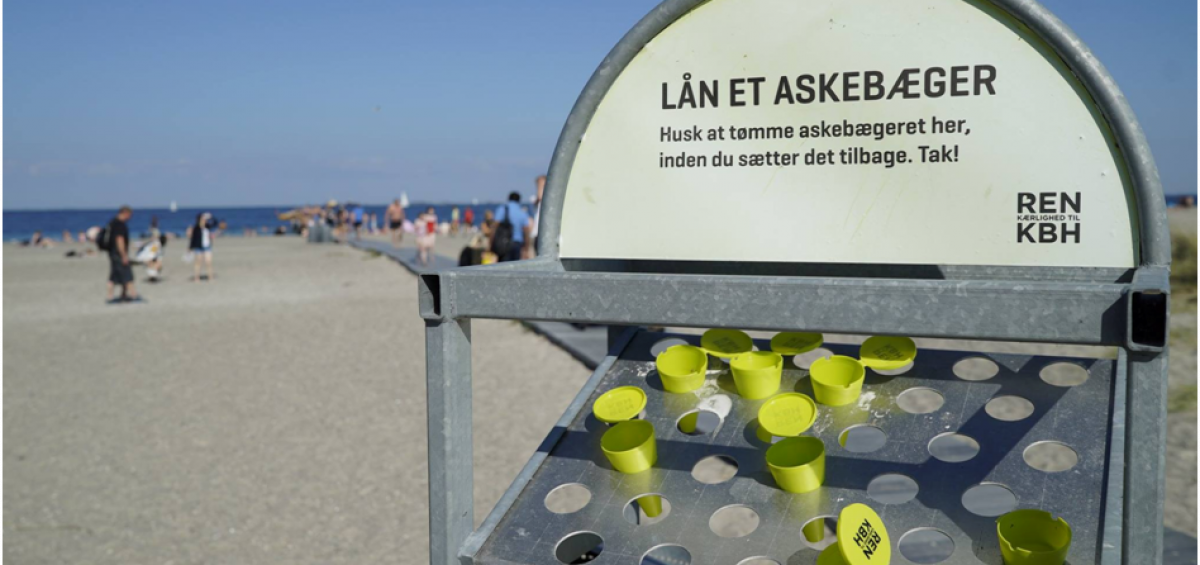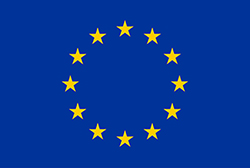Urban Waste
Urban strategies for Waste Management in Tourist Cities
Cities with large visitor numbers face a number of challenges related to waste prevention and management. The URBAN WASTE project helps to develop strategies aimed at reducing the amount of municipal waste production and supporting the re-use, recycle, collection and disposal of waste in tourist cities. The URBAN WASTE project adopts and applies the urban metabolism approach to support a transition to a new model of waste management in which waste is considered as resource.

The project includes an analysis of urban metabolism in 11 pilot urban areas. The cities and regions participating in the project are Florence, Nice, Lisbon, Syracuse, Copenhagen, Kavala, Santander, Nicosia, Ponta Delgada, Dubrovnik – Neretva county, Tenerife.
As part of the project, a participatory process is used to develop and implement a mutual learning action plan. The plan is implemented in the pilot cities and the results are monitored and disseminated to help facilitate the transfer and adaptation of the plan to other cases.
Facts
 | This project has received funding from the European Union’s Horizon 2020 research and innovation programme under grant agreement No. 690452. |
Grant amount: | € 4 248 782 |
Role: | Project partner |
Project duration: | June 2016 to May 2019 |
Principal TU Delft researcher: |